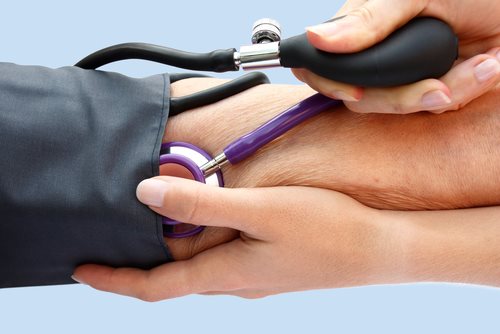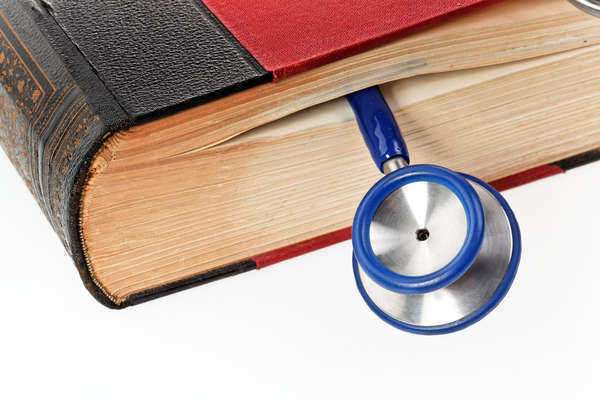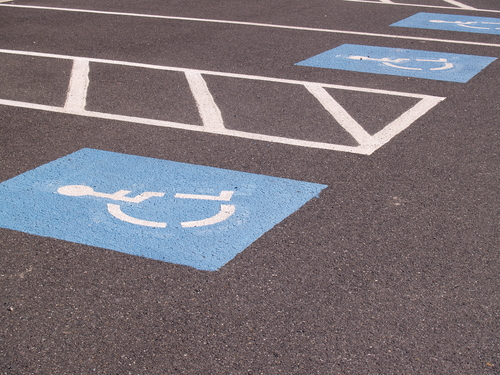Tennessee Department of Health

The Tennessee Department of Health is headed by Commissioner Susan R. Cooper, M.S.N., R.N. Under Commissioner Cooper, the Tennessee Department of Health works to promote, protect, and improve the health and well-being of Tennesseans. The overall emphasis of the Tennessee Department of Health is to keep people healthy by preventing problems that contribute to disease and injury.
The responsibilities of the Tennessee Department of Health include immunization of children against measles, recruiting doctors to practice in rural areas of Tennessee which are medically under-served, offering early prenatal care and proper nutrition to pregnant women, ensuring that restaurants meet standards of cleanliness, and performing laboratory tests to ensure that drinking water is safe.
The Tennessee Department of Health seeks to reduce the greatest and most common causes of premature death and preventable illness, which are modern diets, whether or not a person smokes, the level of exercise, and steps taken to protect the individual's own safety. In order to promote healthy lifestyles, the Tennessee Department of Health seeks to educate Tennesseans about potential health risks and increase the awareness of each individual about taking responsibility for their own health and the health of their families.
The Tennessee Department of Health seeks to ensure that high quality health care is provided through the strict licensing and regulation of health professionals and facilities. A critical role is also played by the Department in making sure that health care services are available when and where they are needed, and that access to these services is not blocked by economic or geographic barriers. If you need legal advice and assistance, contact Tennessee lawyers.


















